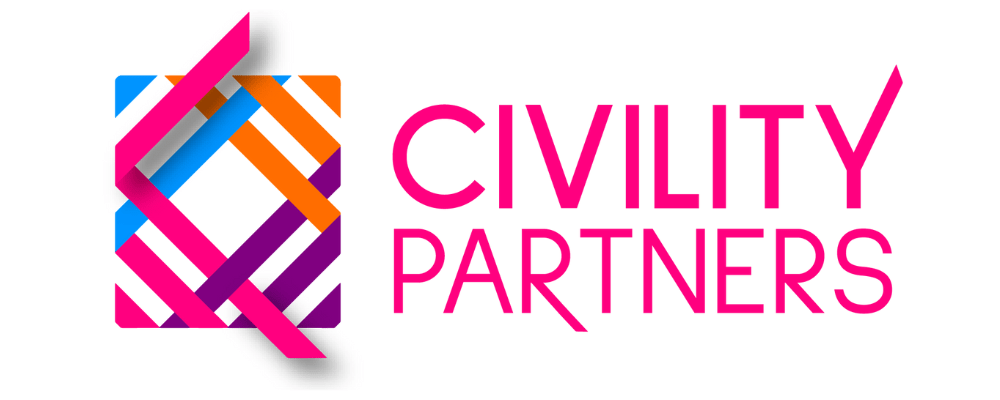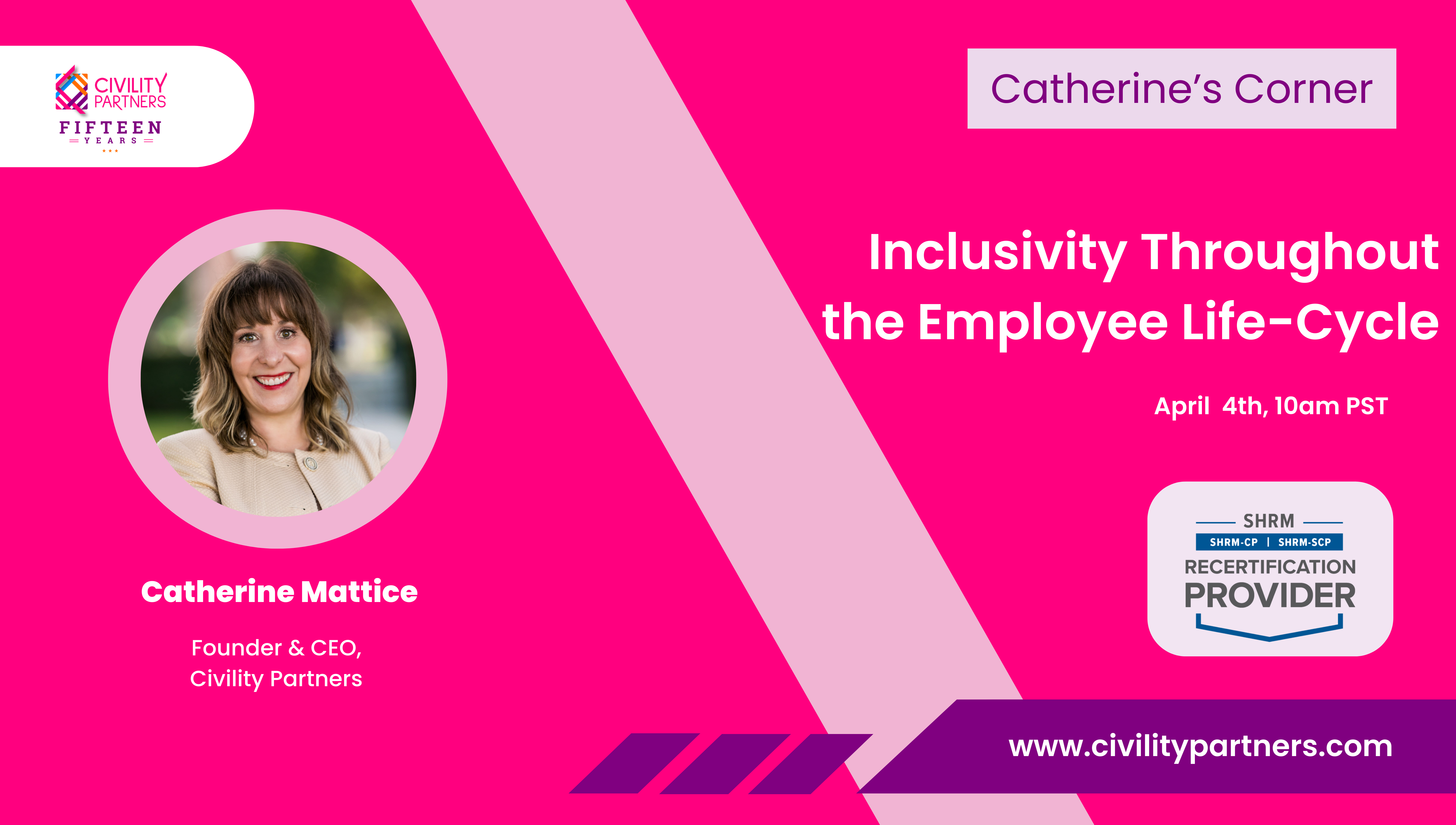Businesses that prioritize diversity in their workforce significantly increase the likelihood of fostering creative and innovative thinking among their employees by 150%. Also, companies with a lot of different ethnicities and races in their management team are 35% more likely to do better than average in their industry.
For a long time, people have understood that teams with diverse backgrounds work better together. How can you make sure your workplace is diverse? One way to do this is to eliminate discrimination.
So, what is hiring discrimination?
Hiring discrimination occurs when unfair hiring choices are made based on factors like a person’s color, religion, sexual orientation, place of origin, age, or genetics. Disability discrimination and racial bias are also forms of discriminatory practices in hiring.
Title VII of the Civil Rights Act of 1964 provides that it’s unlawful to:
(1) Refusing to hire or firing someone, or treating them unfairly in terms of pay, conditions, or benefits because of their race, color, religion, sex, or national origin is prohibited.
(2) Segregating or categorizing employees or job applicants in a way that denies them employment opportunities or negatively impacts their status as an employee based on their race, color, religion, sex, or national origin is also not allowed.
Unfair and Discriminatory Hiring Practices That Go Unnoticed
When it comes to hiring new employees, ensuring fairness should be at the forefront of every employer’s mind. Unfortunately, some unfair practices can slip under the radar, creating unnecessary hurdles for certain groups of people. Let’s take a closer look at five of these hidden biases that can affect hiring decisions:
1. Discrimination Based on Sexual Orientation or Gender Identity
Going into a job interview excited about the opportunity but only to face biased questions or even harassment because of who you love or how you identify is a reality for many individuals. And let’s not forget about gender discrimination, where women still face unequal treatment and lower pay compared to men, despite their qualifications.
2. Unconscious Bias in Resume Screening
Recruiters may unknowingly exhibit bias when reviewing resumes. Research shows that names, alma maters, or extracurricular activities can trigger implicit biases, favoring certain demographics over others. This can result in qualified candidates being overlooked based on non-essential factors.
3. Nepotism
It’s disheartening when you realize that a job might not go to the most qualified person but rather to someone with a personal connection. Nepotism shuts out talented individuals who could bring fresh perspectives and skills to the table, all because they don’t have the right connections.
4. Racial Discrimination
According to HBR, underrepresented individuals who whiten job resumes get more interviews. Despite the progress we’ve made, racial discrimination still lingers in hiring practices. People of color often find themselves facing unfair treatment during interviews, encountering biased decisions and facing systemic barriers that limit their opportunities.
5. Salary History Inquiries
While asking about previous salaries in a job interview may seem harmless, it actually perpetuates wage disparities, especially for underrepresented groups. This practice can lock individuals into lower salary brackets, regardless of their qualifications or the value they bring to the role, further widening the wage gap and hindering efforts to achieve pay equity.
Of course, these are not all. Factors like age, disability, exclusive job ads, and more can also influence hiring decisions unfairly. It’s essential to shed light on these issues. Employers need to actively acknowledge and address these biases to ensure that every candidate has a fair shot at employment.
Addressing these hidden biases requires a proactive approach from companies. Implementing structured hiring processes, providing bias awareness training to recruiters and interviewers, and diversifying hiring panels are crucial steps toward fostering equitable and inclusive workplaces.
We specialize in creating custom training programs tailored to your company’s needs from your leadership team to your entire workforce. Our training includes scenarios relevant to your workforce and incorporates your organization’s vision, mission, and core values to strengthen your company’s culture.
Also, we are offering our Practicing Fairness as a Manager course for FREE!
PS.
Join Catherine tomorrow for an engaging 30-minute LinkedIn Live Show all about “Inclusivity Throughout the Employee Life-Cycle!” Don’t miss out on this SHRM-credited webinar packed with valuable insights! Secure your spot now. We’re bringing you these insightful sessions monthly—so follow Catherine on LinkedIn for all the latest updates! (But we’ll still keep you posted here too!) See you there!
The post 5 Unfair and Discriminatory Hiring Practices That Go Unnoticed appeared first on Civility Partners.
“We are committed to helping your organization meet its goals by partnering with you to develop and deliver systemic solutions to negative workplace behaviors. We will partner with you to build a positive and healthy work environment so your employees can thrive.
We don’t focus on the corrective actions involving eradication of problems and negativity, we focus on finding solutions that create a safe and civil workplace – and there’s a difference. Focusing on solutions creates preventative and sustainable change.
Negative and aggressive workplace behaviors are systemic. In order to effectively remove them, holistic and system-wide solutions that are tailored to your organization and focused on prevention, not correction, are required.”
Please visit the firm link to site



